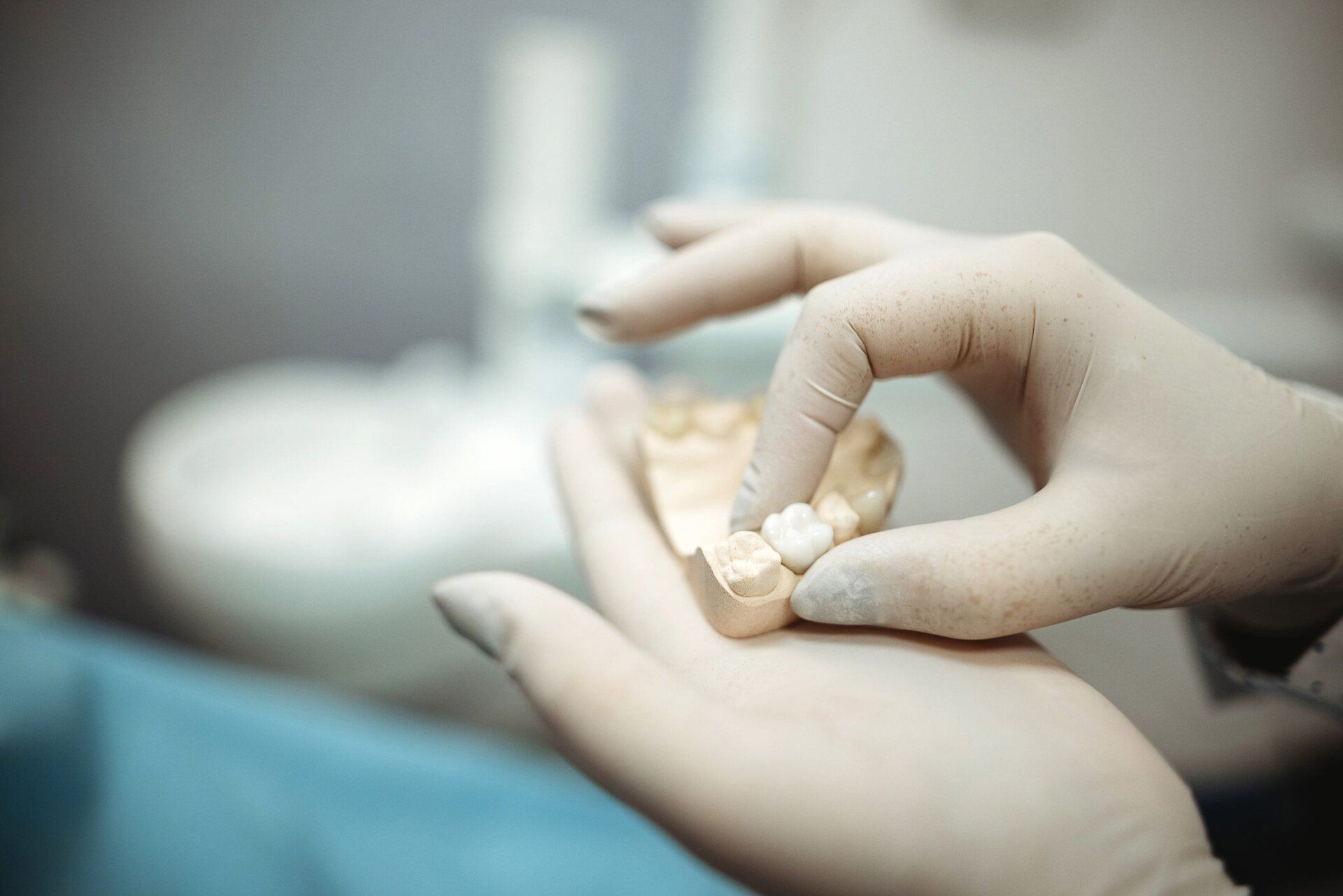Avoid Dental Hygiene Mistakes That Could Harm Your Gums

Dentists may spend a lot of time advising patients to brush and floss more often, but over-brushing can also cause issues. Cleaning your teeth and gums too frequently and vigorously can sometimes damage or irritate delicate gum tissues. So erring on the side of extra-hard brushing and flossing efforts isn't always an ideal option.
Here are some dental hygiene mistakes that could irritate or otherwise harm your gums.
1. Brushing Too Long and Hard
Some dental patients may have the feeling that they have to scrub their teeth until they've scrubbed every last speck of plaque away. However, this could actually cause more problems than it solves. Not only does brushing too hard wear away enamel, but it can contribute to gum recession as well. Stick with the recommended amount of cleaning, and use a soft toothbrush.
2. Using an Irritating Floss
If you floss your teeth every day and it still makes your gums swell up and bleed even though you've been doing it for months or years, you may need to find a less irritating way to floss. If this situation happens every day, you're basically keeping your gums in a constant state of inflammation. Inflammation can actually cause your gums to recede, which is bad news.
Your first step should be to talk to your dentist about your technique. If you're slamming the floss into your gums at every stroke, you may need a gentler touch and a floss product designed to be gentle. If you can't floss gently because your teeth are simply too close together and the floss won't go in without a lot of force, you may want to consider a water flosser.
3. Skipping Your Night Guard
Around 20% of people clench their jaw during the day, and about 8% grind their teeth at night. Either issue can lead to jaw pain, extra wear and tear on the enamel, and other symptoms. But grinding your teeth at night (known as bruxism) can be especially tricky since you're not conscious when it occurs so you can't simply train yourself not to do it.
If your dentist has noticed signs of bruxism on your teeth, they probably prescribed or recommended a night guard that you can wear while you're sleeping. Many people don't wear their prescribed guards because they're not always convenient and may make falling asleep more difficult (especially when you're not used to the guard yet).
However, bruxism can actually cause problems not just for your teeth but for your gums as well. For instance, gum recession and deeper gum pockets (which are great homes for bad bacteria) can result as well.
4. Giving Up on Flossing
Even if flossing is difficult and even painful, don't make the mistake of giving up on it just yet. You can try alternative flossing tools, such as floss picks or interdental brushes. And if all else fails, you may still be able to use a water flosser or an air flosser to help remove bacteria and debris from your gumline and between your teeth.
If you suspect you've been making any of these mistakes, talk to your dentist about your daily dental care regime. Your dentist can help you decide if you've been brushing too hard, if you could benefit from a gentler toothpaste, or whether you should make any other adjustments to help protect your gums and avoid gumline cavities.
Keep in mind that if your gums are inflamed or receding, you could have some other issues such as gingivitis going on as well. Don't assume that simply switching toothbrushes will fix all your problems. Be sure to follow the recommendations of your trusted dentist.
New England Dental Health Services P.C. provides a variety of services to optimize your dental health, from preventive treatments to fillings and even some cosmetic treatments such as whitening. For more information, get in touch with our office today.






